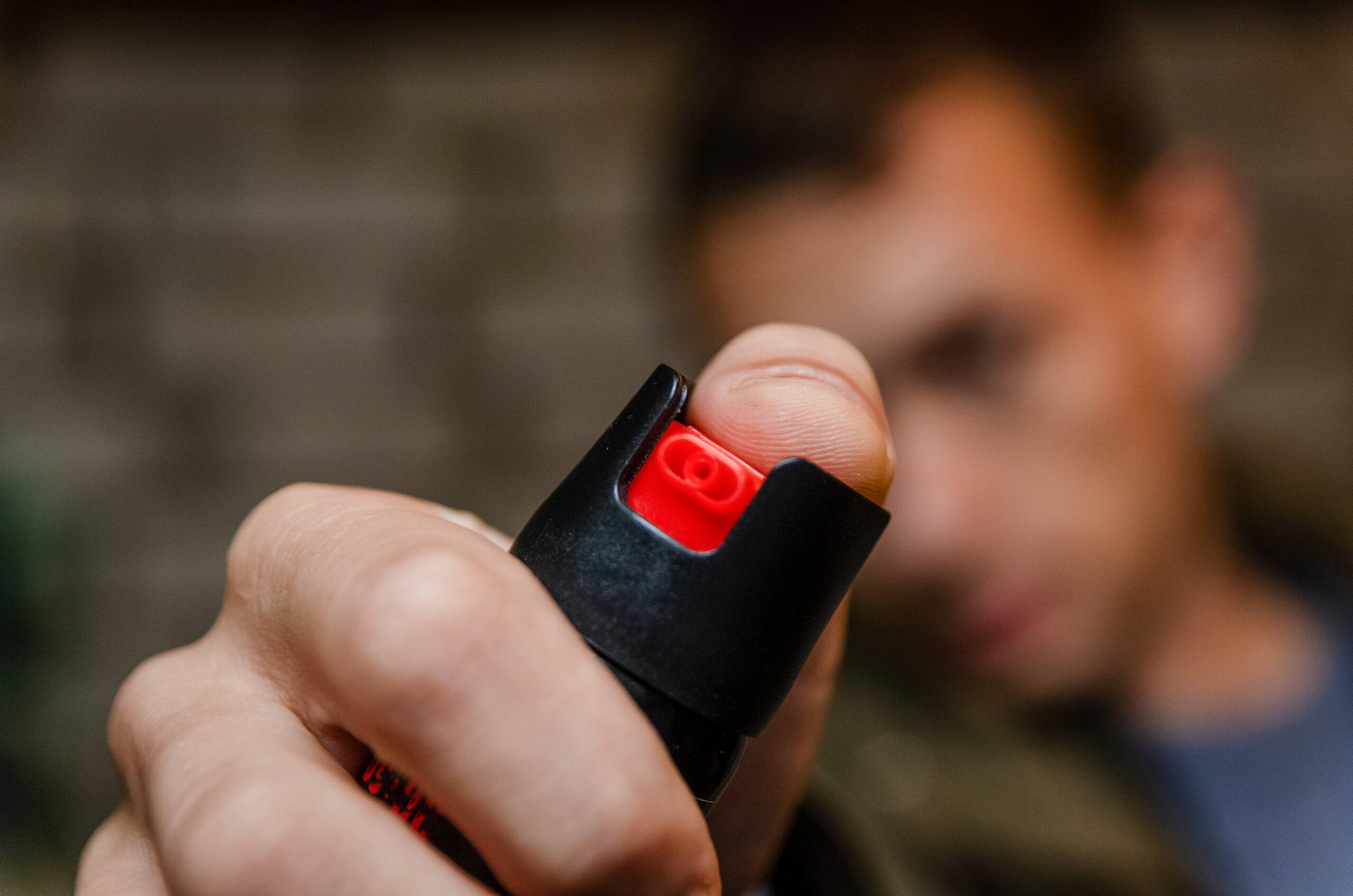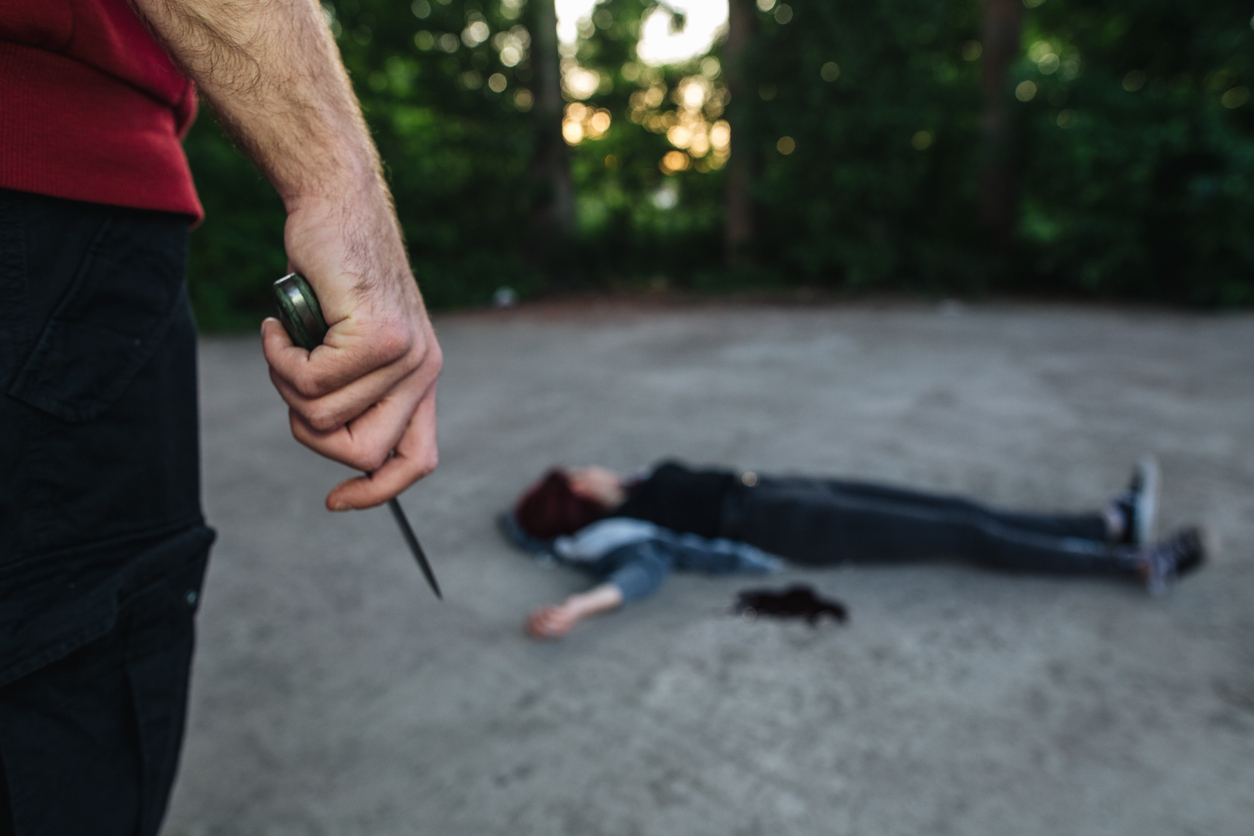Being charged with a crime is a scary experience. You could face time in jail, and the consequences can affect countless aspects of your life. Even without jail time, though, penalties can be stiff. One potential sentence that a person may receive is a discharge. However, this can be a positive outcome. So, what effect does a discharge have on your criminal record?
Having a conviction discharged is relatively straightforward, but complications can arise. Plus, there’s no guarantee you’ll be eligible for such a discharge. This is why you should speak with a defence lawyer when you have questions. In the meantime, here’s what you need to know about discharges on your criminal record.
What Is a Discharge?
For certain crimes, a discharge is a possible sentence. This occurs when there is a plea or finding of guilty — but no conviction occurs. These are among the most lenient sentences that anyone can receive after being found guilty. Since there is no conviction recorded, nothing goes onto the defendant’s criminal record.
There are two types of discharges: absolute and conditional. An absolute discharge has no requirements or strings attached. It’s the lowest possible criminal penalty in our system. A conditional discharge is similar — also resulting in no criminal record — but a conviction will be recorded if the accused fails to comply with the conditions of their probation.
How Will a Discharge Affect Your Criminal Record?
Because neither of these discharge types result in conviction, there is nothing to input on a criminal record. Only convictions go on these records. However, a conditional discharge will show on background checks for three years. An absolute discharge will show up on your record for a year after sentencing.
There is one caveat to this general rule. A vulnerable sector background check may show verdicts on your record long after the traditional search period ends. Peace bonds can also show up on these background checks — even though there’s no admission of criminal activity. This is why you should consider speaking with a lawyer, even if the Crown Attorney offers a discharge.
Are Any Crimes Not Eligible for Discharge?
Individuals who are convicted of crimes often ask why they were not given a discharge. Put simply, the courts are not required to offer an absolute or conditional discharge to anyone found guilty of a crime. However, there are also a variety of criminal charges that disqualify defendants from even being considered.
If a person is found guilty of a crime that carries a minimum sentence — or is punishable by 14 or more years in prison — they are not eligible for discharge. However, it is possible to seek a record suspension in some of these situations. This is why having legal representation can be invaluable regardless of where you are in the system.
 647-503-5251
647-503-5251






